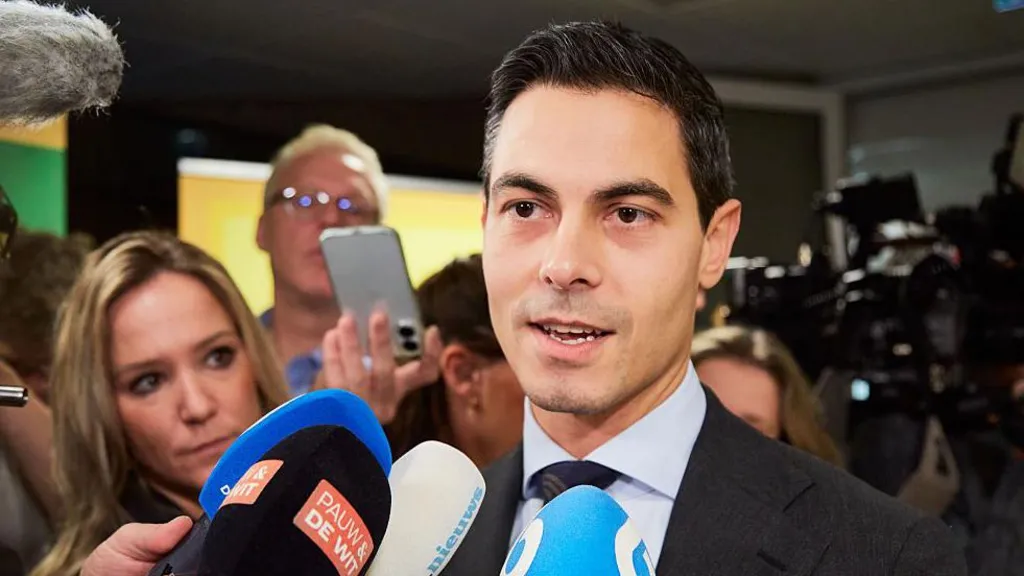Centrist liberal leader Rob Jetten has claimed victory in the Netherlands’ closely fought general election, marking what he called a “historic result” for his D66 party. Preliminary results show Jetten’s party leading populist rival Geert Wilders and his Freedom Party (PVV) by just 15,000 votes—a razor-thin margin that has nonetheless proven decisive.
According to the Dutch news agency ANP, analysis of nearly all ballots, including those from overseas voters, indicates that Wilders can no longer overtake Jetten. “We are the biggest party in the Netherlands! Now we’ll get to work for all Dutch people,” Jetten wrote on X (formerly Twitter).
The final count shows both parties securing 26 seats in the 150-member parliament, but ANP projects D66 could clinch a 27th seat, giving Jetten’s party a symbolic edge. At 38, Jetten is now poised to become the youngest prime minister in Dutch history.
Despite the narrow loss, Wilders refused to concede, insisting that only the electoral council—not a news agency has the authority to declare the winner. He accused ANP of bias, mockingly calling it “ANP66,” and circulated unfounded social media claims of vote-rigging, which local officials swiftly dismissed as fabricated.
Jetten’s upbeat campaign, built on the slogan “Yes, we can,” resonated strongly in major cities like Rotterdam, The Hague, and Utrecht, helping him overcome Wilders’ early lead in the polls.
Speaking after the vote, Jetten said the result sends “a powerful message to Europe and the world that it is possible to defeat populism with positivity and hope.”
Under the Netherlands’ proportional representation system, every vote counts toward parliamentary seats, making this election one of the tightest and most unpredictable in Dutch political history.
As coalition talks loom, Jetten now faces the challenge of forming a stable and inclusive government that reflects the divided will of the Dutch electorate.

